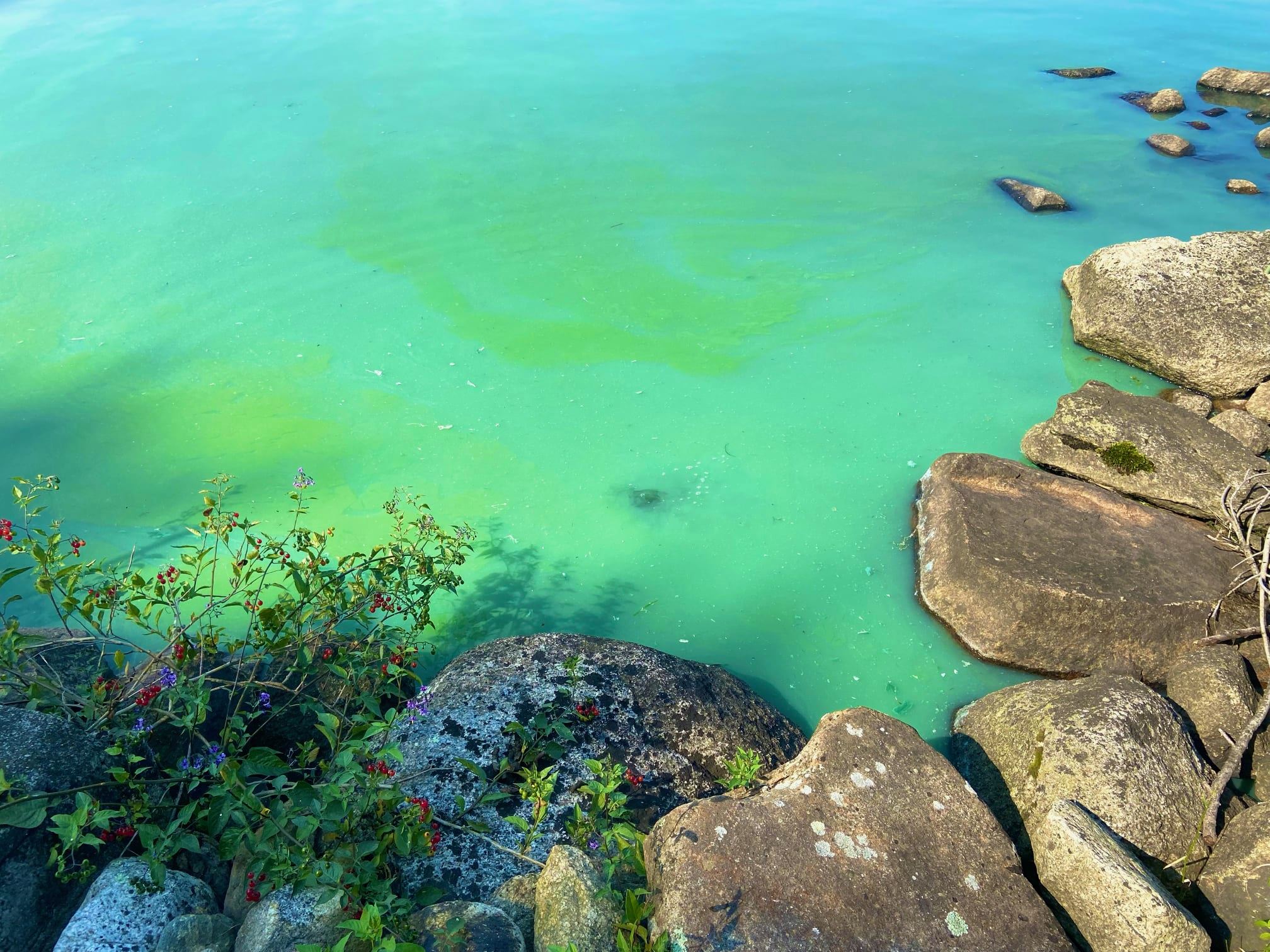Community
Public recommended to stay away from part of South Watuppa Pond

A Public Health Advisory has been issued for Blue Green Algae Bloom present in South Watuppa Pond.
According to Board of Health member Tanja Ryden, the area causing a particular issue is the Tickle Road area in Westport.
Ryden stated on social media that you should not swim in the water or swallow the water. You should also keep animals away and rinse any area that has come in contact with the water.
“Cyanobacteria (sometimes called blue-green algae) occur naturally in fresh- water. Under certain conditions, they can multiply quickly, creating a highly concentrated area known as a cyanobacterial harmful algal bloom, or cyanoHAB. Some HABs produce toxins (known as cyanotoxins).”
According to Massachusetts officials, “algal blooms can be harmful to people and animals. Cyanobacteria (sometimes called blue-green algae) occur naturally in fresh-water. Under certain conditions, they can multiply quickly, creating a highly concentrated area known as a cyanobacterial harmful algal bloom, or cyanoHAB. Some HABs produce toxins (known as cyanotoxins). In the US, from 2007-2011, HABs were reported to have caused 183 cases of human illness and 38 dog fatalities. HABs in Massachusetts are most common in summer and early fall. They can last from several days to several months.”
Ingesting small amounts of cyanobacteria or toxin can cause gastrointestinal symptoms. Ingesting large amounts of toxins may cause liver or neurological damage. Contact with cyanobacteria can cause skin or eye irritation. Inhaling water spray containing cyanobacteria can cause asthma-like symptoms. Small children and pets are more susceptible to the effects of toxins than adults.
-

 Community7 years ago
Community7 years agoNational Shrine of La Salette Festival of Lights 2017 set to begin
-

 Community6 years ago
Community6 years agoMassachusetts State Police looking for good home for retired dogs
-

 Crime6 years ago
Crime6 years agoFall River ranked most dangerous city in Massachusetts according to report
-

 latest7 years ago
latest7 years agoDurfee student allegedly overdoses on marijuana
-

 Community6 years ago
Community6 years agoVideo of Fall River Police goes viral
-

 Causes6 years ago
Causes6 years agoMissing Fall River woman found deceased
-

 Crime6 years ago
Crime6 years agoFall River Police add names to most wanted list
-

 Causes6 years ago
Causes6 years agoFall River teenager reported missing has been found




